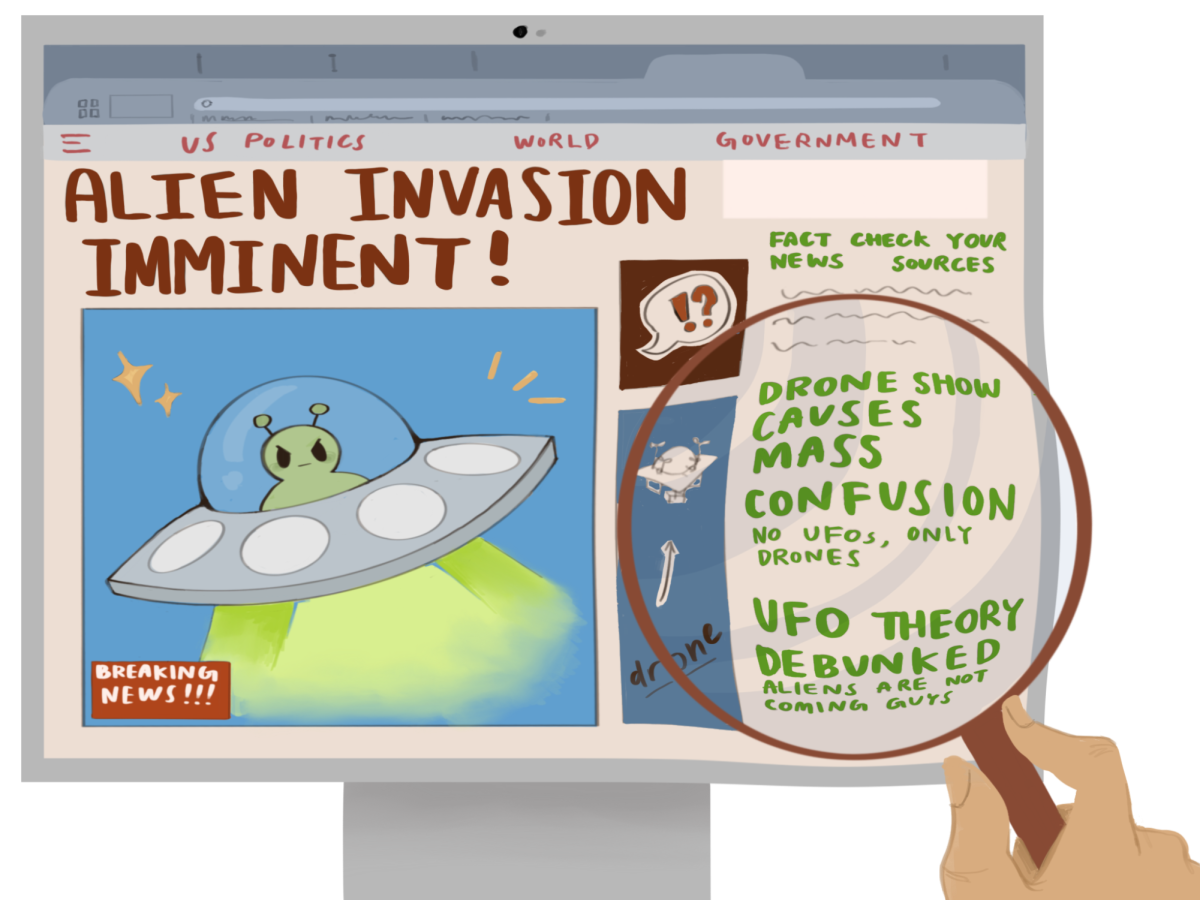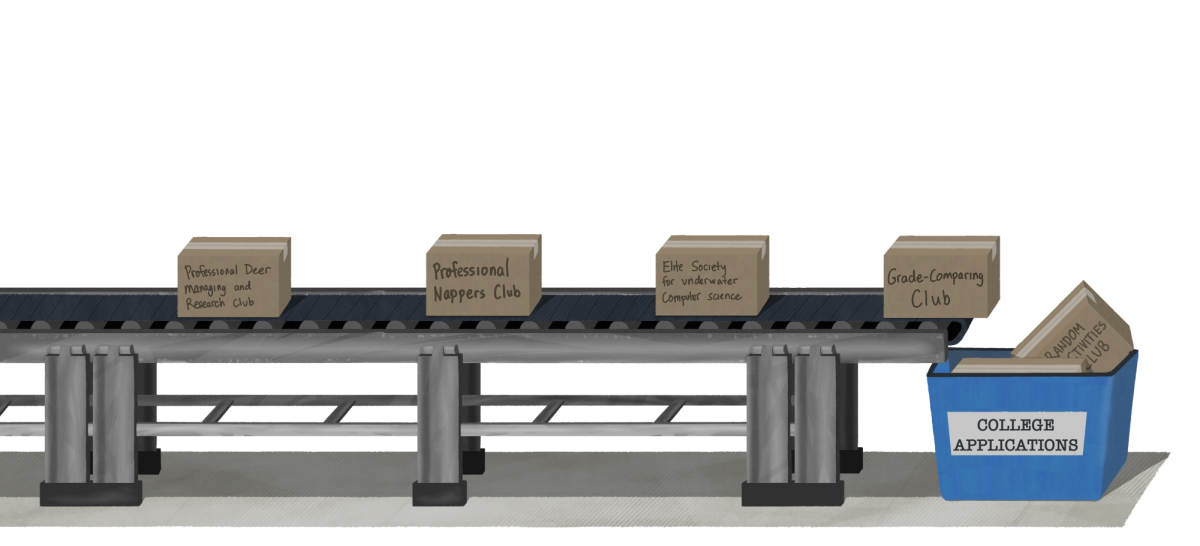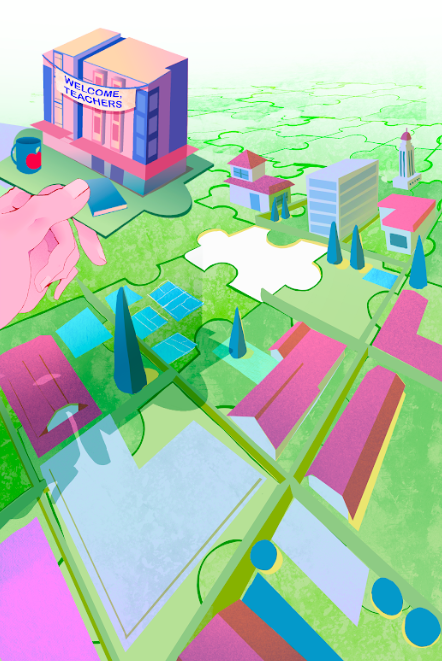The mistreatment and abuse of animals in the food industry is one issue that does not receive enough light. In most of the United States, abusing, maiming, mutilating or wounding pets is punishable by prison; however, most animals in the food industry receive this kind of abuse daily. Chickens and pigs are often packed into small areas for their entire life, without the chance to roam and live normally. By consuming meat or dairy products, people are giving money to organizations and people who kill and abuse innocent creatures that deserve the right to live. According to PETA, 56 billion farm animals are killed every year. Some other cruel practices these animals undergo include overcrowding and caging, teeth-clipping and tail-docking, most of which are performed without anesthetic to cut high costs. These animals are also often subject to unnatural light patterns due to indoor confinement, as well as unsanitary environments and physical abuse from workers.
Another unethical aspect that going vegan alleviates is animal testing. According to PETA, 100 million animals every year are subject to physical experimentation. This means that in order to ensure the safety of these chemicals for humans, the company put animals, most commonly rabbits, under painful testing that often results in blindness, extreme pain or death. These procedures include the horrible practice of applying chemicals to the skin and eyes of live animals. Instead of condoning the cruel practices of animal testing, people often adopt a vegan lifestyle by choosing products from companies that opt for more ethical alternatives, like cruelty-free safety tests.
Another unethical practice of the animal industry that going vegan helps fight is over-breeding, the process of forcing animals to undergo artificial insemination in order to produce more milk. According to the American Society for the Prevention of Cruelty to Animals, cows only produce milk when preparing for birth. Therefore, dairy farms artificially inseminate cows once a year to ensure constant milk production. A cow’s gestation period is nine months long, and when impregnated every year, the majority of dairy cows’ lives are spent pregnant. And when the calf is born, it is immediately removed from the mother and often slaughtered in order to make the mother’s milk available for collection. This is very traumatic to mother cows and to their calves. Going vegan and choosing nut or coconut milks instead of cow milk helps avoid supporting the cruelty of over-breeding.
By practicing veganism and avoiding purchasing animal-tested products, people can make ethical purchases and help keep animals from the perpetual abuse of companies. The meat from animals that suffer throughout their life before being killed is not just bad for the animals, but also bad for the consumers. According to the Food and Agriculture Organization of the United Nations, research shows that the amount of cruelty and stress animals that animals raised for slaughter have endured directly correlates to the quality, tenderness and perishability of the meat that is given to consumers. By switching to a vegan diet, not only can people help promote a more peaceful life for animals, but also improve their overall health.











